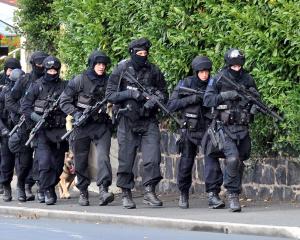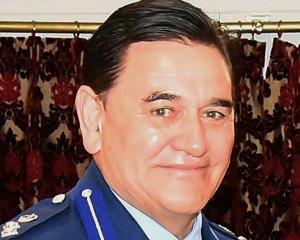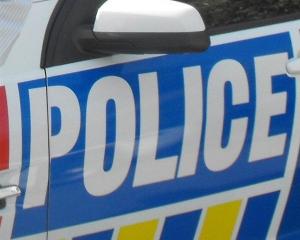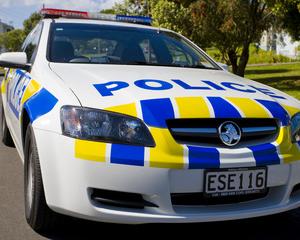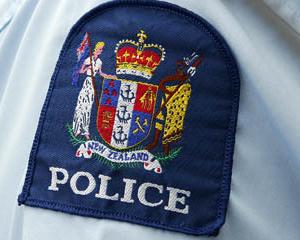Yesterday, Southern District Superintendent Bob Burns praised the work of the teams, formed following restructuring and a move towards preventive police work.
"It is a way of changing how we think about crime.
"Instead of thinking about individual instances that need to be investigated, it is about starting to look at the crime and asking why it occurred in the first place."
The Dunedin-based teams were some of the first of their kind in the country, and followed an earlier Invercargill model, which contributed to a double-digit drop in crime in the southern city.
"They showed the rest of the district what could be done with a flexible team."
As part of the restructuring, 30 staff across the district were used to create the teams - three in Dunedin, two in Invercargill - with more possible in other areas, he said.
Supt Burns confirmed those teams would turn their attention to vulnerable areas: namely the North Dunedin student area, South Dunedin, and Central Dunedin - particularly in regards to alcohol-related offending. The Invercargill suburb of Appleby would also be a focus, he said.
Crime should be treated as a science, and analysing intelligence was an increasingly important part of crime prevention, he said.
"Police know that 10% of offenders commit 54% of all reported crime, 10% of victims attract about 45% of crime, and we also know for a fact that about 10% of locations attract 60% more calls for police service."
If police could identify those offenders, locations and victims, they could "intervene in a problem-solving way then we are going to have the biggest impact on our crime".
Prevention could be as simple as reviewing the lighting of an area, finding if any recidivist offenders had moved in, working with other community partners, and increasing police presence through patrols and doorknocking.
Supt Burns said the first major task of the Dunedin team was its handling of synthetic cannabis, which shared intelligence at a national level.
Proactive policing team sergeant Chris McLellan said Kronic was identified as a "driver of crime", with the intelligence section compiling information about synthetic cannabis products.
A working group of community stakeholders was established, and Dunedin police began sharing intelligence nationally and with their Western Australian police counterparts.
Those selling synthetic cannabis were also visited, to check they were complying with legislation, he said.
Despite the 12-month ban on synthetic cannabis products coming into force this week, police planned to monitor the effect of it being removed from the shelves.
Supt Burns said the work of the teams highlighted the advantages of having a flexible team, and people in vulnerable communities could expect to see more police more often.

